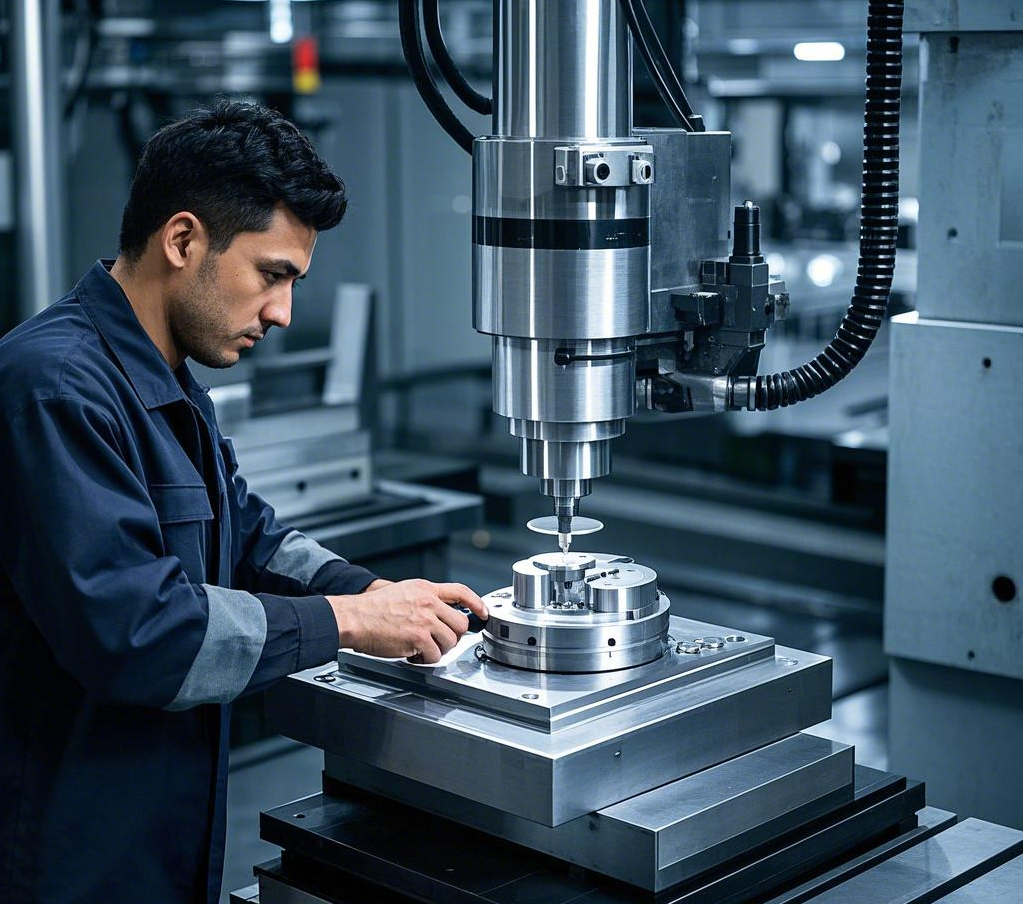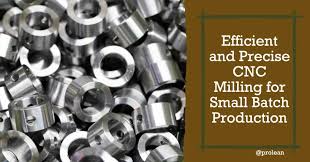Part 1 Why do medical/automotive parts require customized surface treatment?
*Medical industry: Implants need to meet biocompatibility (ISO 10993), and surgical knives need to be corrosion-resistant and rust-proof. *Automotive industry: Engine parts need to withstand a temperature difference of -40°C to 150°C, and exterior parts need 10-year weather resistance (QUV accelerated aging for 3000 hours). ---Case: A medical customer once had metal ions precipitated on the surface of stainless steel biopsy forceps due to the lack of passivation treatment, causing allergies in patients - surface treatment is the "second life" of precision parts.
Part 2 Medical industry: From cell compatibility to sterilization tolerance
1. Titanium alloy implants: PVD coating + anodizing combination Problem: Pure titanium has low hardness (HV200) and is easily worn; Solution: ▶ PVD titanium nitride coating (HV2300): Improves wear resistance. The thickness is ≤5μm (does not affect precision), such as the gear of a knee joint prosthesis; ▶ Micro-arc oxidation (MAO): Generates a porous ceramic layer (pore diameter 5-10μm) on the titanium surface to promote bone cell attachment and complies with ISO 13779 (orthopedic implants); Testing: No corrosion after 500 hours of salt spray test. Cytotoxicity test (ISO 10993-5) is grade 0. 2. Stainless steel medical devices: Passivation + electropolishing Problem: 316L stainless steel is prone to rust without passivation. The knife surface with Ra0.8μm has residual tissue fluid; Solution: ▶ Nitric acid passivation: Removes surface ferrite and forms a Cr2O3 protective film, which complies with ASTM A967; ▶ Electropolishing: Reduces Ra to 0.2μm, eliminates residual in the knife tip gap, and passes EN 13795 (sterilization of surgical instruments); Factory advantages: Equipped with a 10,000-level clean workshop. Ultrasonic cleaning of passivated parts for 30 minutes (industry standard is 15 minutes).
Factory practice: 4 quality control points from drawings to delivery
1.DFM stage: mark "prohibited surface treatment areas" on the drawings (such as the welding surface of medical parts);
2.Pre-treatment: ultrasonic degreasing of automotive parts for 5 minutes (to ensure that the oil residue is less than 5mg/㎡);
4.3.Process control: precise control of anodizing tank liquid temperature ±1℃ (specified by a certain automotive customer);
Detection: EDS element analysis of each batch of medical parts (to ensure that the coating composition meets the standards);




